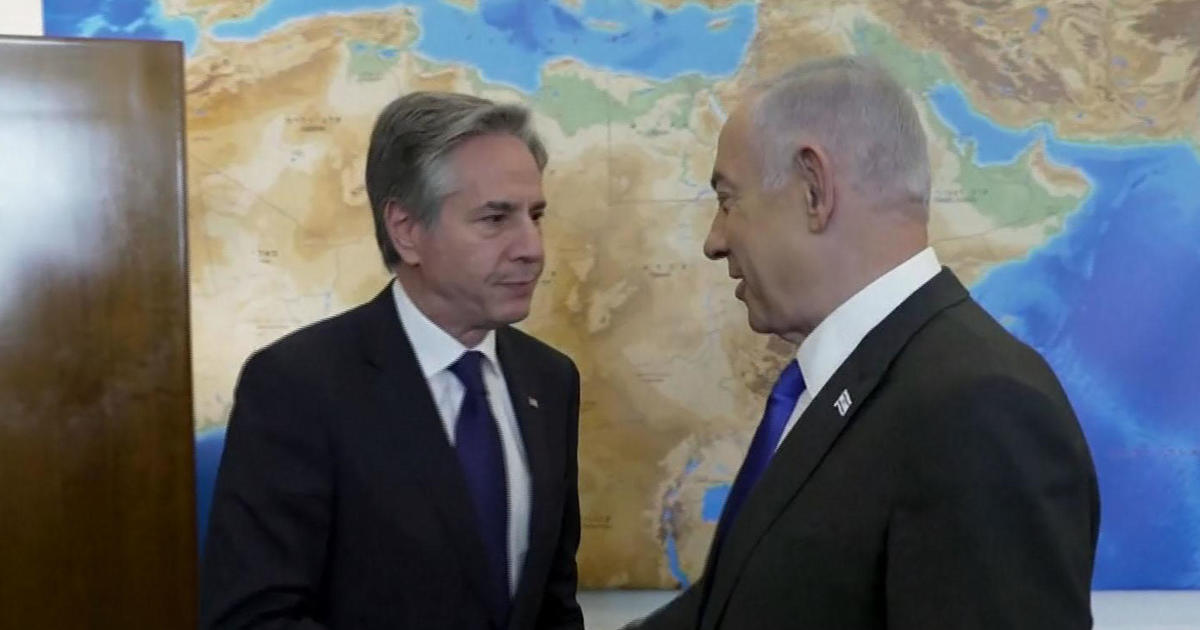During a visit to Israel, Secretary of State Antony Blinken expressed opposition to Israeli Prime Minister Benjamin Netanyahu’s plan for a ground invasion of the southern Gaza city of Rafah. Blinken’s statement indicates that the United States does not support this military action, which comes amid escalating violence between Israel and Palestinian militant groups in Gaza. The move to potentially invade Rafah has raised concerns about civilian casualties and further escalation of the conflict, which has already resulted in numerous deaths and injuries on both sides.
Netanyahu’s plan for a ground invasion of Rafah has been met with criticism and concern, both internationally and within Israel itself. The potential for increased civilian casualties and further escalation of violence in an already volatile situation has raised alarm bells among world leaders and humanitarian organizations. Blinken’s opposition to the plan reflects a broader push for a diplomatic solution to the conflict, rather than a military one, in order to prevent further loss of life and suffering among both Israelis and Palestinians.
The ongoing conflict between Israel and Palestinian militant groups in Gaza has led to a significant loss of life and destruction in the region. The situation has been further complicated by internal political dynamics in Israel, including the potential formation of a new government that could see Netanyahu ousted from power. Blinken’s visit and statement opposing Netanyahu’s plan for a ground invasion of Rafah come at a critical juncture in the conflict, with efforts to broker a ceasefire and prevent further escalation of violence.
Blinken’s opposition to the potential ground invasion of Rafah reflects the Biden administration’s stance on the conflict, which has emphasized a diplomatic approach to resolving the violence and addressing the underlying issues fueling the conflict. The United States has called for a ceasefire and has been working with regional partners and international organizations to de-escalate the situation and provide humanitarian aid to those affected by the violence. Blinken’s statement sends a clear message that the U.S. does not support military actions that could further exacerbate the crisis and lead to more suffering for civilians on both sides.
As the conflict between Israel and Palestinian militant groups continues to escalate, the international community is closely watching developments and calling for an end to the violence. Blinken’s opposition to Netanyahu’s plan for a ground invasion of Rafah underscores the need for a diplomatic solution to the conflict and a focus on protecting civilian lives. The situation in Gaza remains tense and volatile, with the potential for further violence and destruction if a ceasefire is not reached soon. Blinken’s visit to Israel and his statement opposing the potential invasion of Rafah signal a commitment to finding a peaceful resolution to the conflict and preventing further loss of life in the region.









